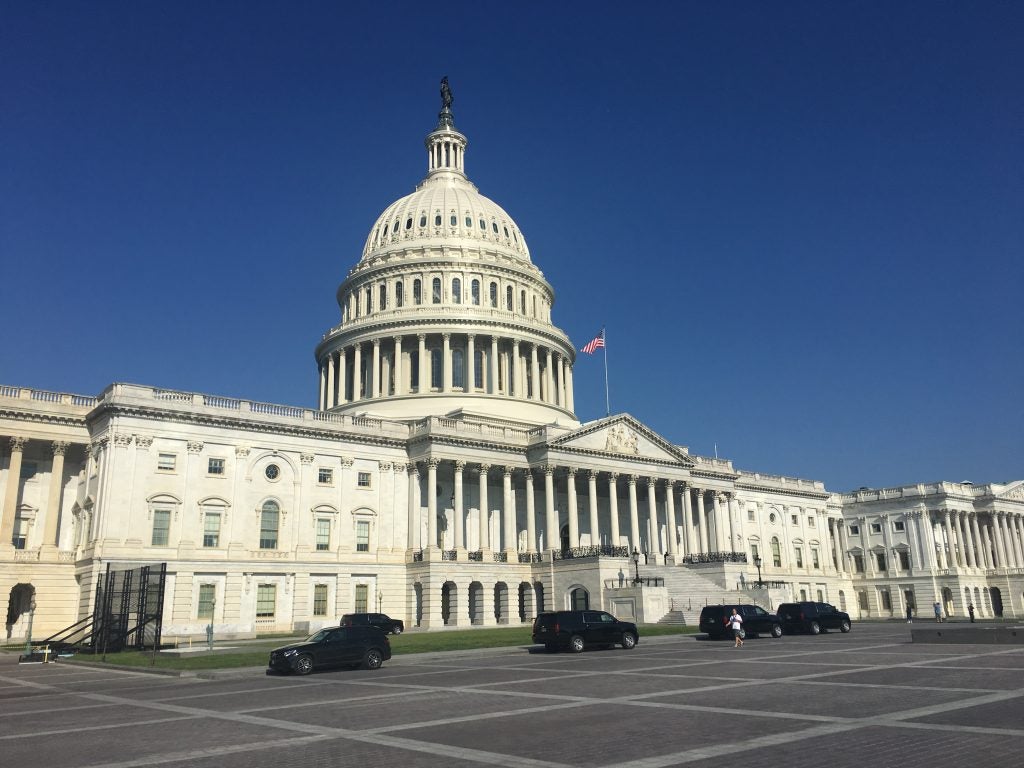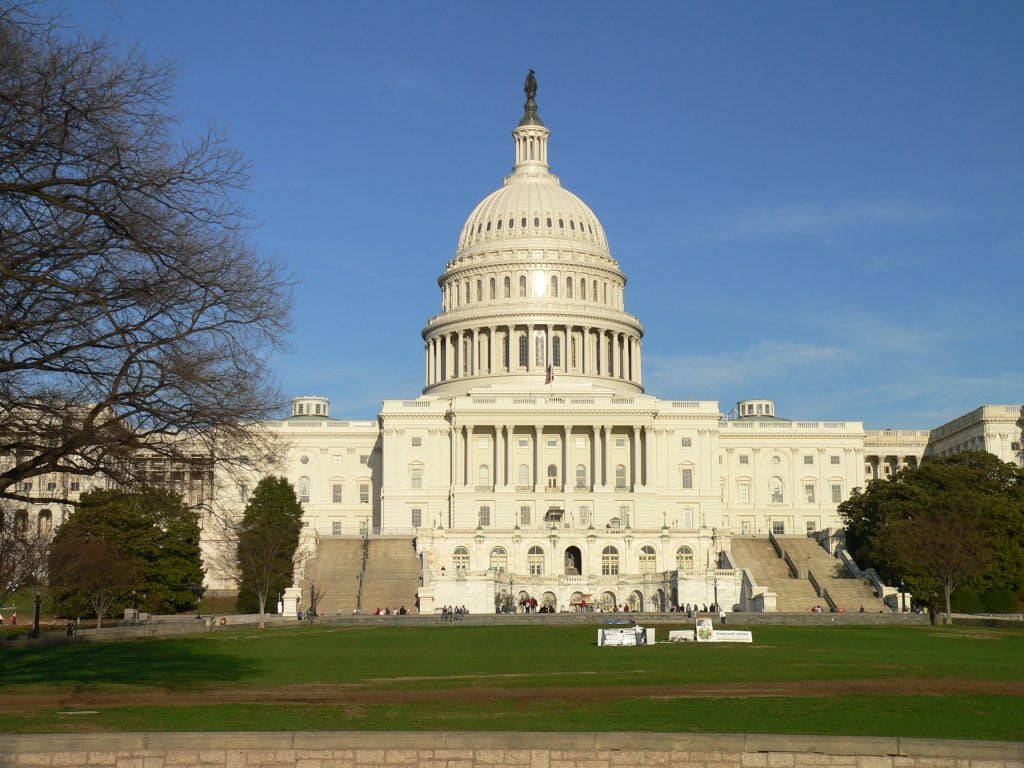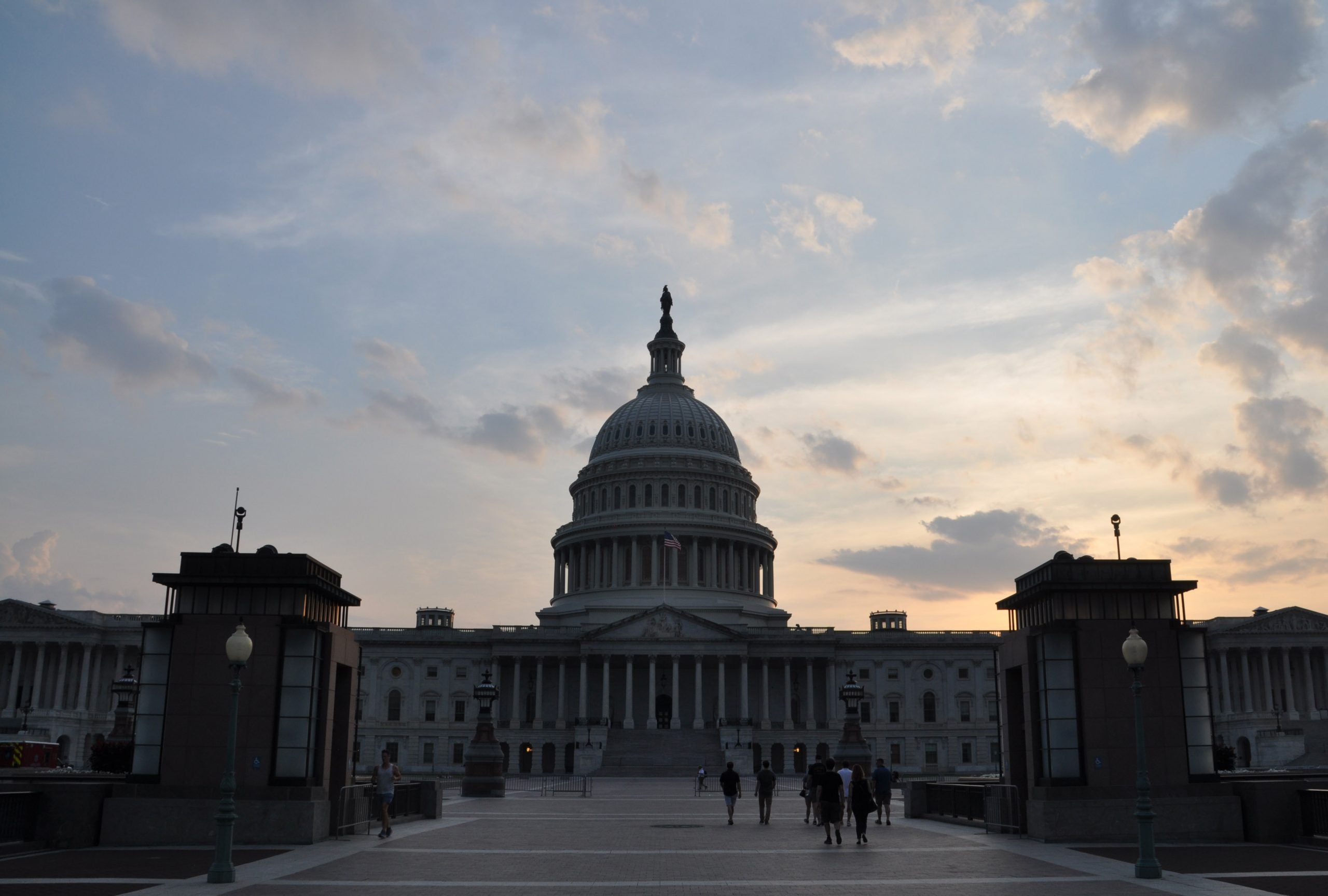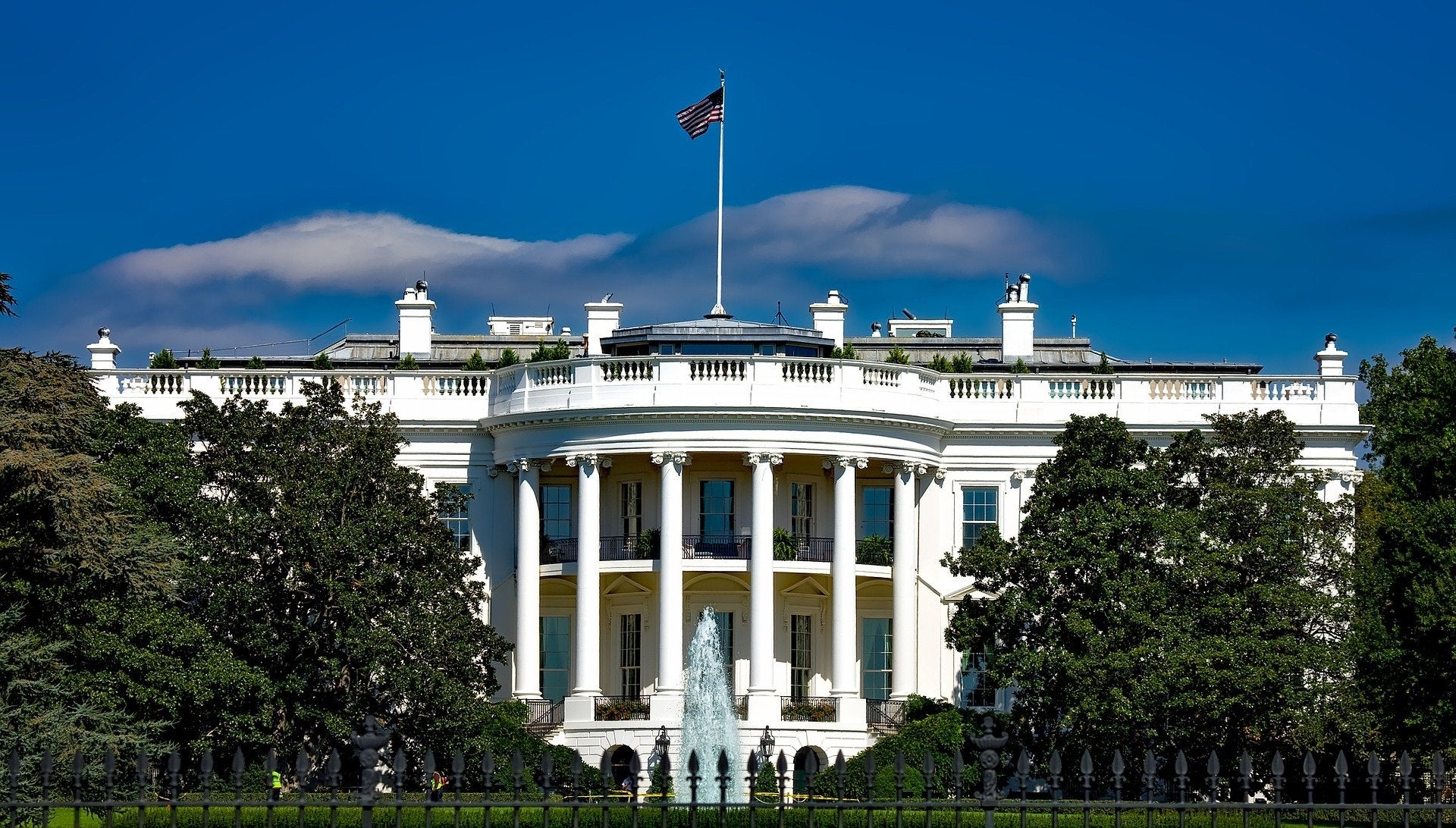Passing major climate investments are a long-overdue step to address environmental injustice throughout the United States. They will reduce the pollution that causes climate change and impacts public health, create high-quality jobs, and make long overdue investments in communities overburdened by pollution. The climate provisions passed in the House version of Build Back Better stand to be the most significant environmental justice investment ever passed by Congress.
More clean trucks and buses: Because of their proximity to trucking routes and ports, low-income communities and communities of color are disproportionately exposed to dangerous smog- and soot-forming pollutants – causing a slew of health problems, including heart and lung disease. Build Back Better invests billions to reduce this harmful pollution and support workforce development in the hardest hit areas.
Replace toxic lead pipes: More than nine million homes in 11,000 communities across the U.S. still get their water through a lead pipe, posing serious health risks. Investments from Build Back Better complement those from the Infrastructure Investment and Jobs Act by giving EPA the resources it needs to create jobs and prioritize lead pipe replacement to protect children in low-wealth families and communities of color.
Jobs protecting Americans from climate change: The Civilian Climate Corps would train a new, diverse workforce of 300,000 dedicated to combating the climate crisis and create a pathway to good-paying jobs. This investment is especially important for young people, people of color, and those with a high school diploma or less, who face barriers to accessing high-quality jobs.















